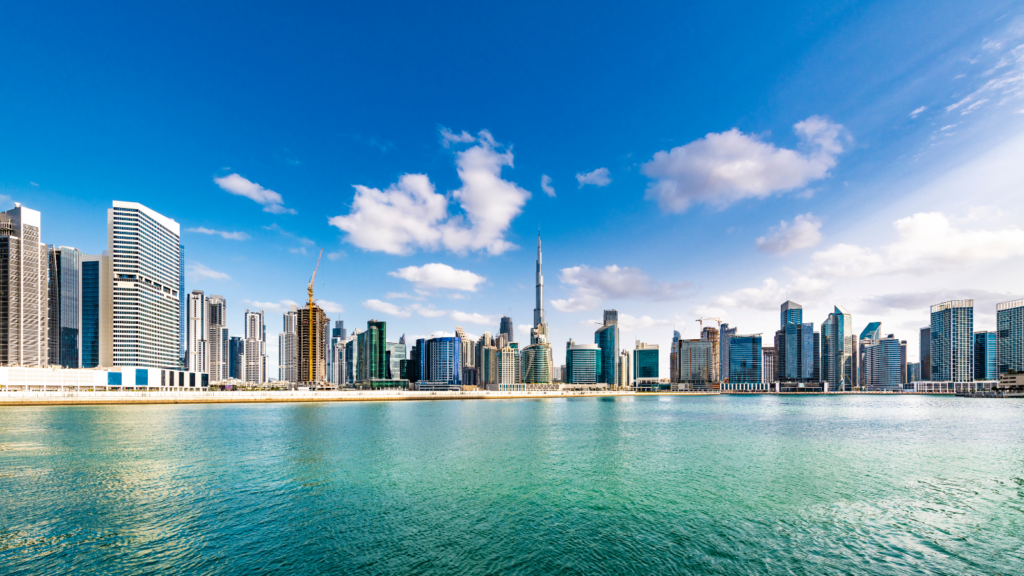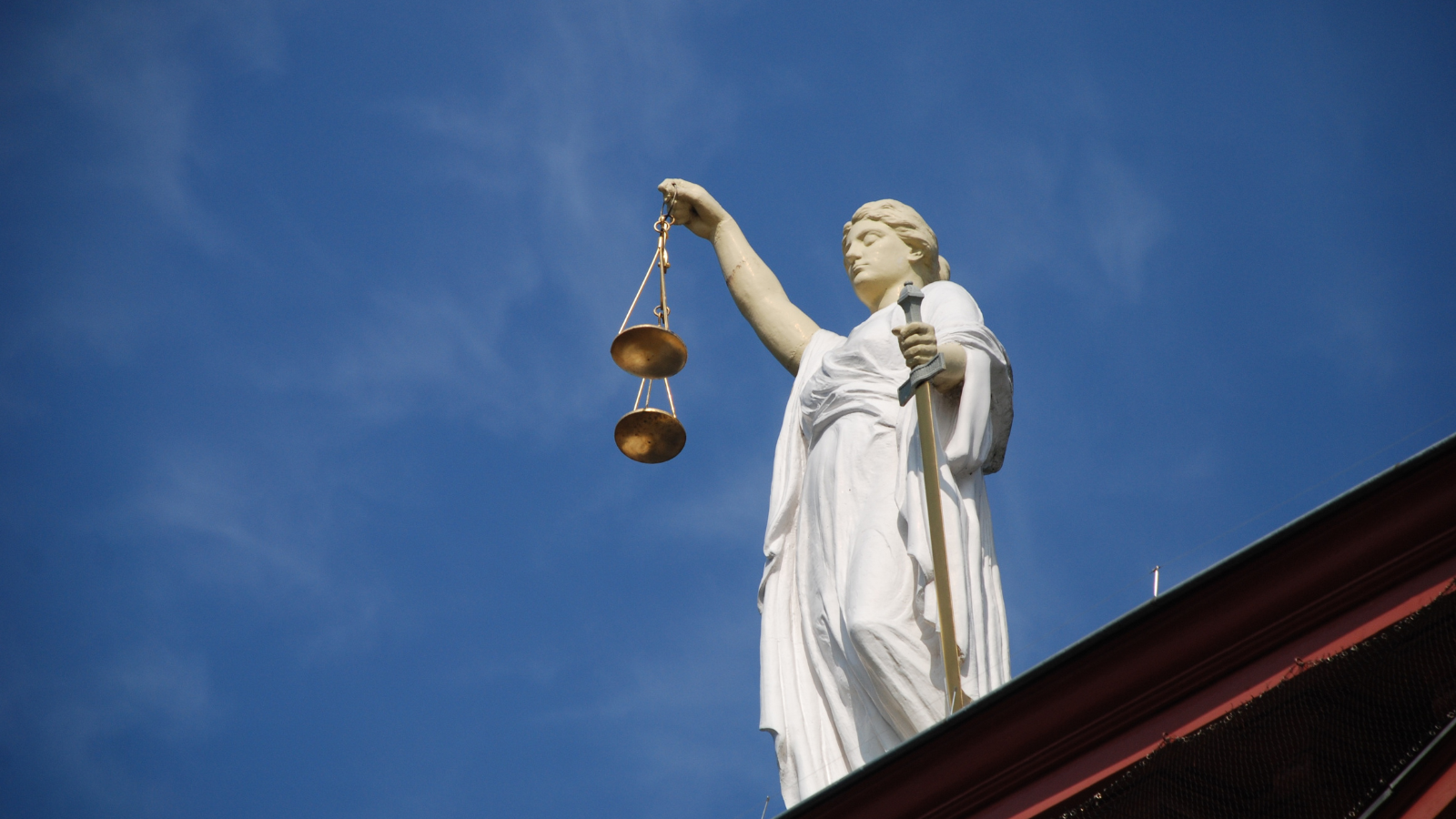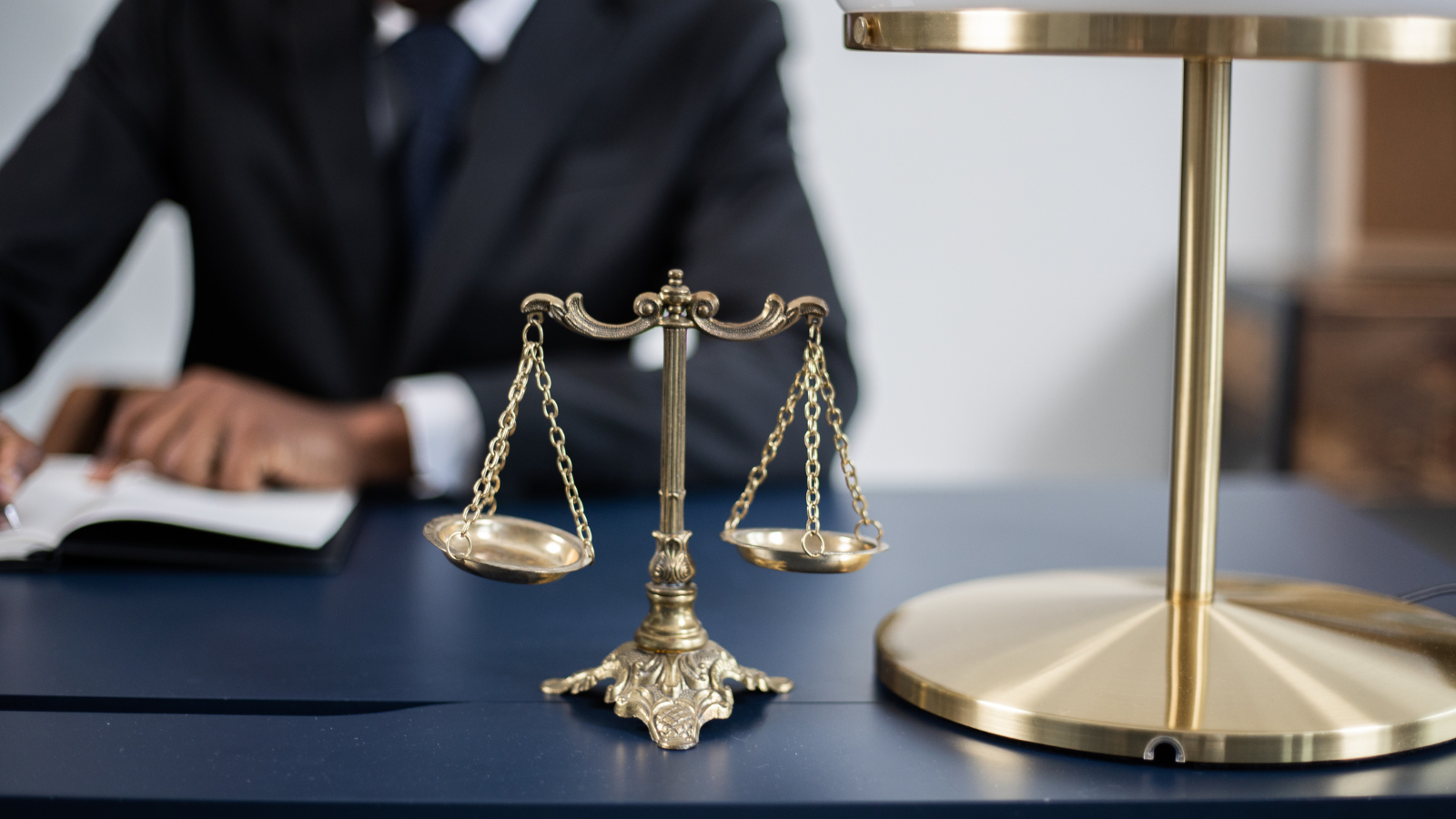- People
- Expertise
Our expertise
We are a team of more than 600 professionals, with the depth of experience which makes us genuine experts in our fields. Together, gunnercooke’s people have strength across just about every corporate discipline and sector. We provide legal, commercial and strategic advice that delivers real value to the clients we work with, which span from multinational enterprises through to not-for-profit organisations. Our breadth of expertise also covers specialist and emerging disciplines charity, crypto, sports and competition law.
Search by practice areaDispute ResolutionDispute Resolution OverviewMeet the Dispute Resolution TeamIntellectual Property DisputesFinancial Services & FinTech OverviewProceeds of CrimeEmployment TribunalTax InvestigationProperty Dispute ResolutionInsolvency DisputesMediationCivil Fraud & Asset TracingHealth & SafetyBusiness Crime & InvestigationsLitigation & ArbitrationInternational Arbitration - International
International Offices
The gunnercooke group has 16 main global offices across England, Scotland, the US, Germany and Austria, with further plans for growth in the coming years. These offices enhance the existing in-house capability of our dedicated international teams and dual-qualified experts that cover Spain, France, Italy, Portugal, Brazil, China, India, Poland and Hungary. Our team have clients across 126 jurisdictions, speak 46 languages and are dual-qualified in 22 jurisdictions. Our expertise means we can offer large teams to carry out complex cross-border matters for major international clients.
- Our story
Our story
gunnercooke is a top commercial law firm. We comprise a rapidly growing number of experts spanning legal and other disciplines. Clients benefit from flexible options on fees to suit their needs, access to a wider network of senior experts throughout the relationship, and legal advice which is complemented by an understanding of the commercial aspects of running a business.
- Reading Room
- News & Insights

Written by Andre Yeghiazarian and Avi Bhandari, Dispute resolution and IP lawyers at gunnercooke LLP
In recent years Dubai has developed from a regional trading post into a global nexus for commerce, investment, and innovation. Its positioning as an emerging market is not defined by lack of infrastructure or legal certainty, but by its dynamic adaptability, sectoral diversification, and regulatory ambition. Dubai now offers a potent combination: the reliability of institutional frameworks with the energy and opportunity of frontier growth. For international stakeholders, the city’s appeal lies not just in its pro-business orientation, but in its capacity to function as both a strategic base and a scale-up platform for the wider GCC and MENA regions.
Sectoral magnetism: technology, fintech, crypto, real estate, and beyond
The government’s vision for economic diversification has made Dubai a magnet for high-growth sectors. In technology and fintech, the Dubai International Financial Centre (DIFC) Innovation Hub and Dubai Future Foundation have catalysed ecosystems capable of rivalling those in much older jurisdictions. Venture capital flows and regulatory sandboxes, particularly those led by the Dubai Financial Services Authority (DFSA) (the equivalent of the UK’s FCA), signal a deliberate shift from legacy finance to smart, agile capital markets. Real estate continues to mature, driven by foreign investor confidence and the strategic liberalisation of ownership laws. Meanwhile, construction, long a bedrock of Dubai’s economy, is entering a more sustainable phase, powered by demand for infrastructure, hospitality assets, and mixed-use urban developments.
Dubai has also positioned itself as a global crypto hub, with the establishment of VARA (Virtual Assets Regulatory Authority) offering a clear licensing framework for exchanges, custodians, and blockchain-based businesses. This clarity, rare even in more mature markets, is attracting some of the world’s leading Web3 and crypto-native companies.
Healthcare and renewable energy reflect the state’s long-term vision. With projects like the Dubai Clean Energy Strategy 2050 and sustained investment in medical tourism and digital health, these sectors are not just growing, they are redefining the region’s competitive advantage. Dubai is also rapidly becoming a centre for fashion, lifestyle, and luxury brands, many of which use the emirate as a regional headquarters due to its blend of logistics efficiency, consumer appetite, and brand protection mechanisms.
Business migration
Dubai’s rise has been accelerated by a sharp uptick in business migration. Many entrepreneurs, family offices, and multinational firms are relocating their regional headquarters to Dubai, drawn by its tax neutrality, visa reforms, and modernised company laws. Free zones like the DIFC or ADGM offer tailored regimes, complete with common law frameworks, 100% foreign ownership, and robust dispute resolution options.
Regulatory incentives are not just cosmetic. The introduction of federal corporate tax has been coupled with strategic exemptions and compliance support for SMEs and start-ups. The UAE’s IP infrastructure has also undergone significant reform, including the establishment of specialised IP courts, enhanced trademark and patent registration systems, and greater alignment with international treaties. Notably, the UAE became a signatory to the Madrid Protocol and Nice Agreement in 2021, enabling more efficient international trademark filings and classification. These developments have triggered a sharp rise in IP registrations, particularly from tech firms, fashion houses and digital content creators.
The legal imperative
While Dubai’s commercial proposition is clear, its legal ecosystem must keep pace with its economic ambition. The growing volume of cross-border transactions, tech innovations, and brand launches present a need for sophisticated dispute resolution and IP protection capabilities. Institutions like the DIFC Courts and Dubai International Arbitration Centre (DIAC) are increasingly critical, offering international-standard arbitration and litigation environments.
However, the dual legal structure can present friction, particularly for businesses navigating both environments simultaneously. Dubai’s future growth will hinge on its ability to offer legal certainty in tandem with market opportunity and legal practitioners will play a key role in this development.
What’s next?
Dubai is a model of hybrid market evolution, where emerging market potential intersects with mature regulatory and commercial infrastructure. For both investors and counsel, the city offers an opportunity-rich landscape, but one that demands legal acuity and cross-border fluency. As businesses continue to migrate, sectors deepen, and innovation accelerates, Dubai’s role as a regional launchpad, and as a jurisdiction requiring deft legal navigation, will only grow more pronounced.
To receive all the latest insights from gunnercooke to your inbox, sign up below






